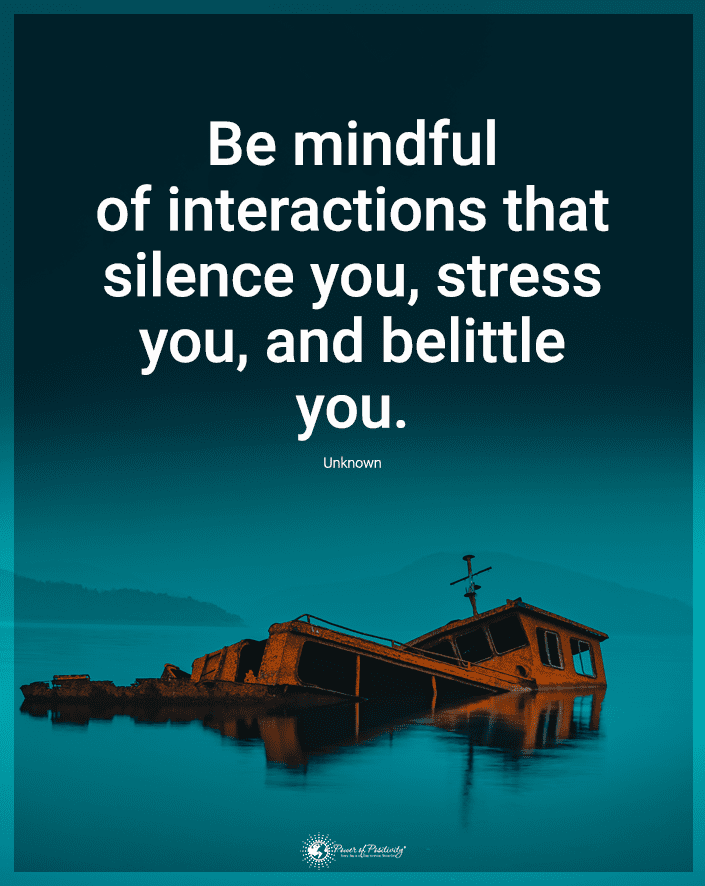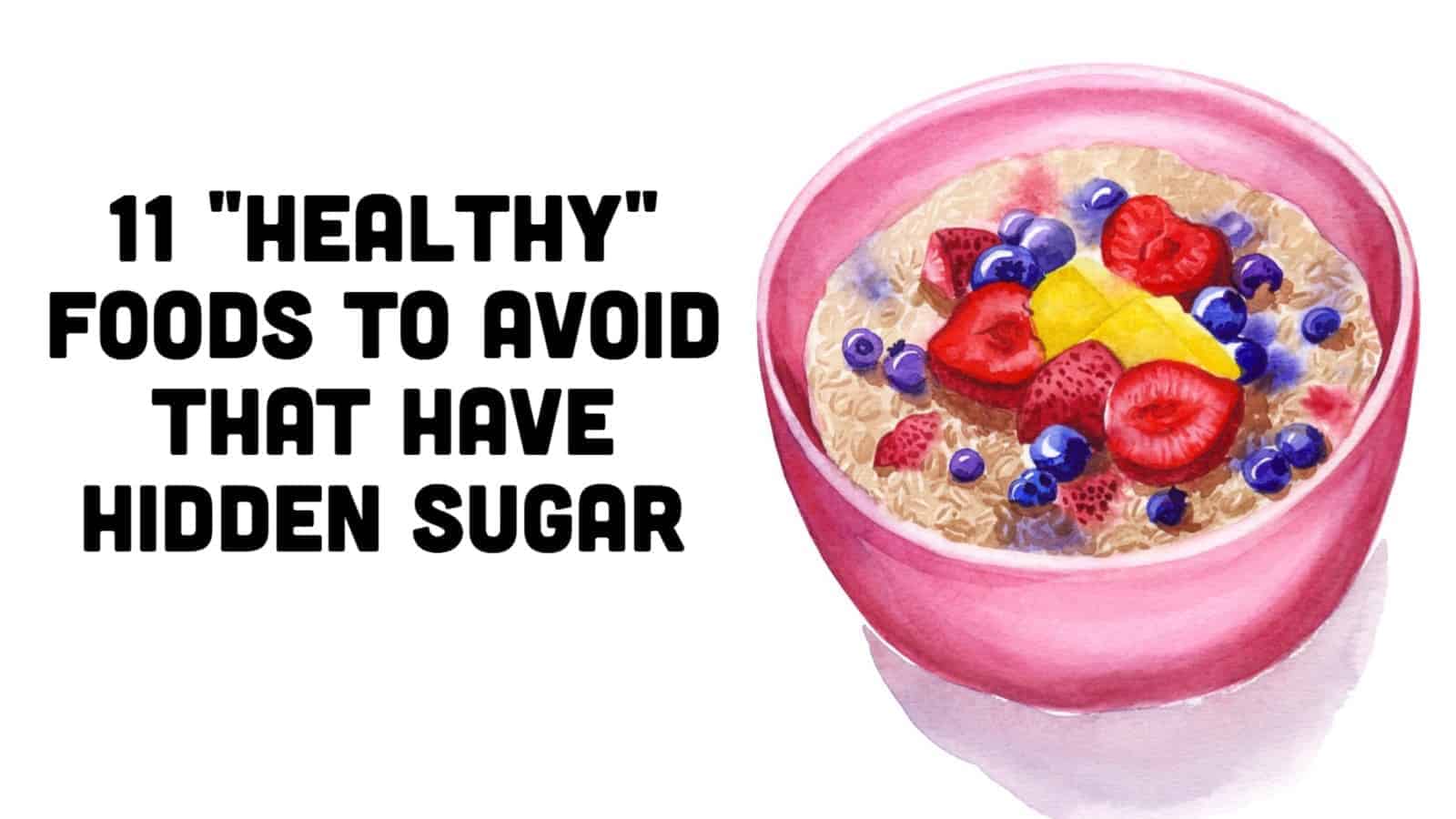When we get into a relationship, we don’t always know the person we’re dating quite as well as we think. People tend not to show their toxic behavior immediately, which can leave us dating strangers. Some people get into a relationship to only later find out that they are dating a complete control freak.
“Many of us visualize a controlling partner as one who openly berates everyone in their path, is physically aggressive, or constantly makes overt threats or ultimatums. Controlling people use a whole arsenal of tools in order to dominate their partners— whether they or their partners realize what’s happening or not,” says clinical psychologist Andrea Bonior, Ph.D.
Thankfully, there are early warning signs for you to keep an eye out for, just in case you feel that you have entered into a relationship with someone who is a control freak.
Here Are 10 Signs You’re In A Relationship With A Control Freak
“The scars from mental cruelty can be as deep and long-lasting as wounds from punches or slaps but are often not as obvious.” – Lundy Bancroft
1. They go through your phone
For most people, their phone is a pretty private place. However, when you’re in a relationship with a control freak, they may start snooping through your phone. Controlling partners feel that, “they have the right to know more than they actually do,” adds Bonior.
Even if you have nothing to hide, a control freak will want to know what you’re doing on your phone. They may look through your messages and apps. “It’s a violation of your privacy, hand-in-hand with the unsettling message that they have no interest in trusting you and instead want to take on a police-like presence within your relationship,” says Bonior.
2. They don’t like your friends
Control freaks want to maintain order and control in your relationship. Chances are, they don’t like the people you choose to hang out with.
“It could be that he refuses to accompany you on group outings with your friends, or that he demands to know where and with whom you are at all times. One of the tell-tale signs that he’s slowly cutting you off from your friends is his readiness to bad-mouth them,” say authors Julie Fishman and Meagan McCrary.
They don’t like your friends, and they don’t hesitate to let you know, even going so far as complaining when you hang out with them.
3. They don’t like when you make decisions
If your partner had ever gotten upset with you when you didn’t consult them before making a decision, you’re likely dating a control freak. They don’t like when you do things without them, and they tend to become upset when you exercise any free will on your own.
4. They’re always telling you what to do
A control freak will often offer advice even when you didn’t ask for it. Worse, they will most likely get upset with you if you don’t follow their advice.
“Often under the guise of wanting to help you — whether it’s to improve an area of your life or to keep you from embarrassing yourself — men who find a way of criticizing your behavior and choices are flexing their control muscle,” add authors Fishman and McCrary.
Because they need to control everything, they will want to control everything you do, too. If your partner is constantly telling you what to do, be aware: they are a control freak.
5. They accuse you of lying
Even if you’ve never lied to them before, if your partner is paranoid that you’re always lying to them, it’s possible they’re a control freak. They accuse you of lying about where you’ve been, who you’re hanging out with, and who you’ve been talking to. Nothing ever seems like the truth to them.
6. They have high expectations
Having expectations in a relationship is pretty normal, but a control freak’s expectations are going to be out of this world. You probably won’t be able to please them no matter how hard you try. They’re also always shifting the goalposts to keep you on your toes.
7. They’re jealous
If your partner tends to get extremely jealous when you hang out with friends or your family, then it’s a sign that they are a control freak. “A little jealousy in a relationship isn’t necessarily bad; as a matter of fact, it can be sexy. However, when a man is controlling, his jealousy triggers fits of rage,” adds author Sujeiry Gonzalez.
Jealousy is a normal part of life, but control freaks take it to the extreme. You may notice that your partner gets angry with you when you spend time with someone else rather than them.
8. They want your passwords
The control freak will always want access to your phone, to your computer, to your Facebook … anything that you could keep them out of. They may try to pass this off as proving that you are trustworthy, but it is really to ensure they have complete control over you and your online activities.
9. You are never good enough
To a control freak, you can always use improvement. They constantly try to change you and make you into something you’re not. A control freak will want to control your personality and change it into something that they can keep control over.
“This creates a dynamic where you will be more willing to work harder and harder to keep them and make them happy—a dream for someone who wants to dominate a relationship,” adds Bonior.
10. They need to know everything
What are you doing today? Where are you going? Who are you going to be with? When are you leaving? When will you be back? These are normal questions that the control freak will want to know every single time you leave. They need to know everything and become very upset if you don’t answer sufficiently.
“Whether they keep their snooping secret or openly demand that you must share everything with them, it is a violation of boundaries from the get-go,” says Bonior.
Here Are 3 Ways To Deal With A Control Freak
Being in a relationship with a control freak can be very unsettling. Often times, the relationship isn’t healthy at all. So, what should you do if your relationship shows all of these signs?
1. Assert your boundaries
You are your person who deserves to have privacy. If there’s no reason for them to distrust you, then you should ensure that your boundaries are fully asserted. You may need to constantly remind the controller about your boundaries several times before they get out of the habit of controlling you.
“Repetition is key. Don’t expect instant miracles. Since controllers rarely give up easily, be patient. Respectfully reiterating your stance over days or weeks will slowly recondition negative communication patterns and redefine the terms of the relationship,” says assistant clinical professor of psychiatry and author, Judith Orloff MD.
You don’t need to tell them every single thing that you’re doing. You don’t need to tolerate any behavior that seems to be controlling. Make your boundaries very clear, and if they can’t respect them, then it’s time to cut them off.
2. Have a support system
Tell your friends and family that the controlling behavior is happening. It’s important to have people outside of your relationship know that these things are happening so that they can support you. Make sure that there’s someone else who knows about your partner’s control freak behavior.
3. Leave
A control freak is not in a healthy place to have a relationship, and you deserve someone who trusts you and doesn’t try to control your every move.
“Look to your friends, family or co-workers for support during this time. The controller does not define you and will do their best to diminish your self-worth during this process. Letting go of any power they have over you will only enhance your life, and the empty space they leave can be filled with someone who matters,” concludes art licensing agent and illustrator, Kimberly Montgomery.
Asserting your boundaries and having a support system will make it easier for you to safely leave your partner when the controlling behavior starts.










